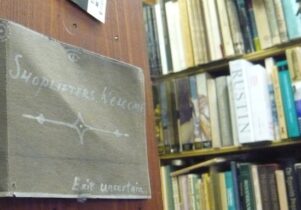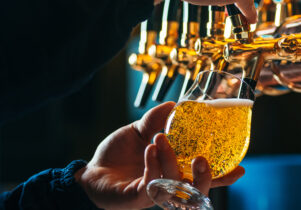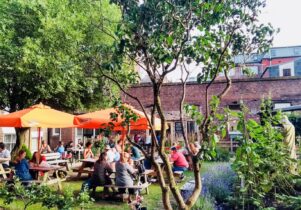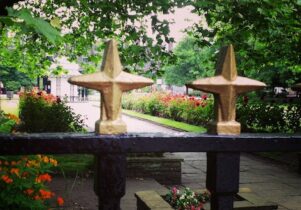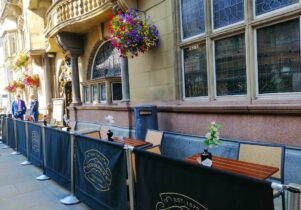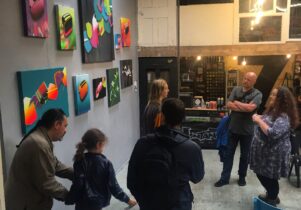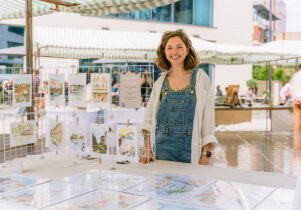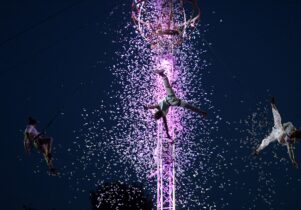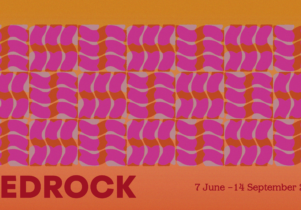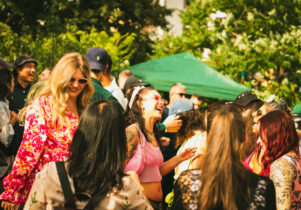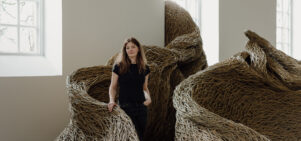Candice Hopkins – Native Economies: From the Potlatch Ban to the Masks of Beau Dick at LJMU Exhibition Research Lab
Creative Tourist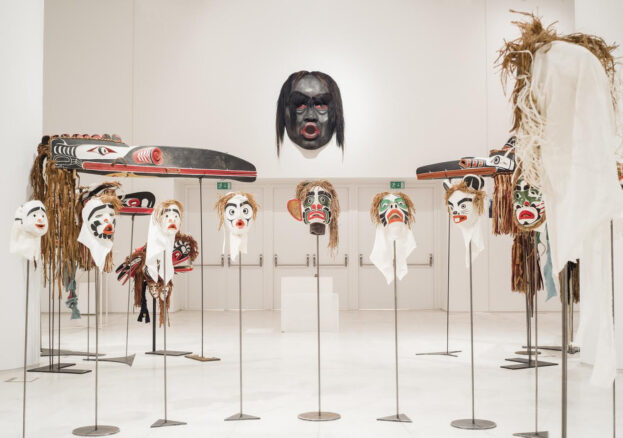
In the Kwak’wala language, ‘nuyumbalees’ means stories from the beginning of the world, while ‘u’mista’ means a return to the place of origin. These words have been used to name two cultural centres in Alert Bay and in Cape Mudge that house masks and dance regalia repatriated after the potlatch ban in Canada (1885–1951). The ‘potlatch’ is the generalised name for different ceremonies practiced by indigenous peoples of the Pacific Northwest Coast of Canada and the USA, many of which centre on the display and shared distribution of wealth. Traditionally, potlaches served as the primary economic system in these communities, setting in motion a separate system of governance and social structure that colonisers could not countenance. In this performative talk, Hopkins will spin a tale that begins with the potlatch ban to consider how this native economy and its ritual ideologies function today.
Candice Hopkins (b.1977) is a curator and writer originally from Whitehorse, Yukon and based in Albuquerque, New Mexico. She is co-curator of the forthcoming SITE Santa Fe biennial, Casa Tomada, as well as co-curator of the Canadian Pavilion at the 58th Venice Biennale. She was a curator for documenta 14 in Athens, Greece and Kassel, Germany. Hopkins’s writing is published widely and recent essays include “Outlawed Social Life” for South as a State of Mindand “The Gilded Gaze: Wealth and Economies on the Colonial Frontier” for the documenta 14 Reader. She is the recipient of several awards and has lectured on contemporary art, sound, indigeneity, native economies, and vernacular architecture. Hopkins is a citizen of Carcross/Tagish First Nation.
This event is part of the public programme for Liverpool Biennial 2018, which includes a series of talks by leading thinkers and artists in response to the question Beautiful world, where are you?


